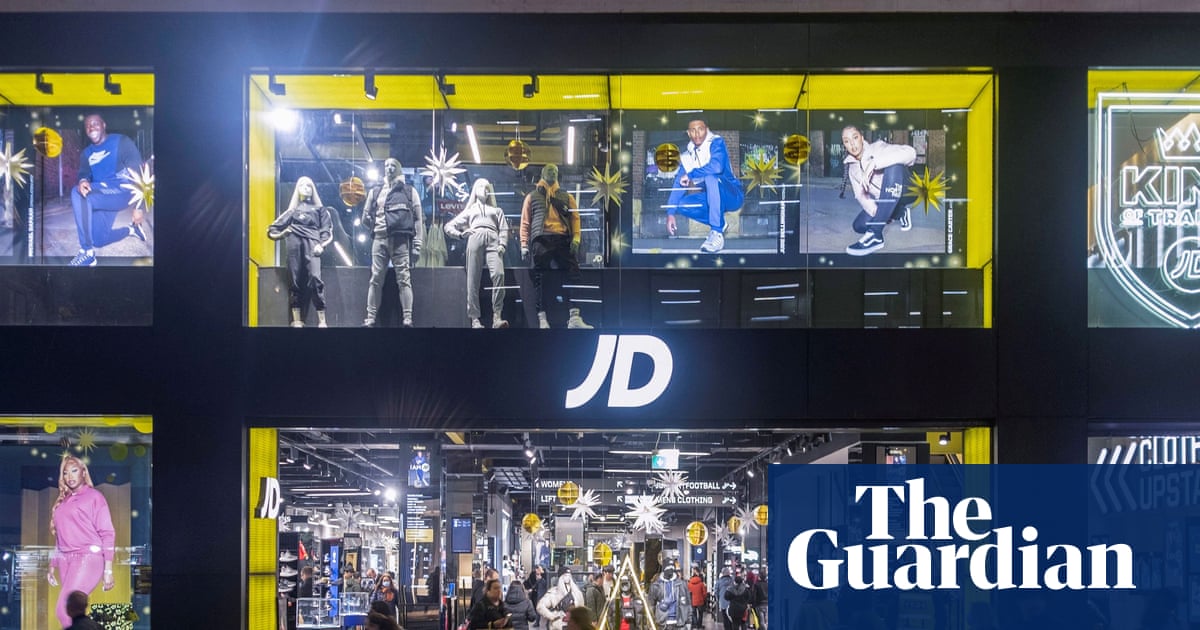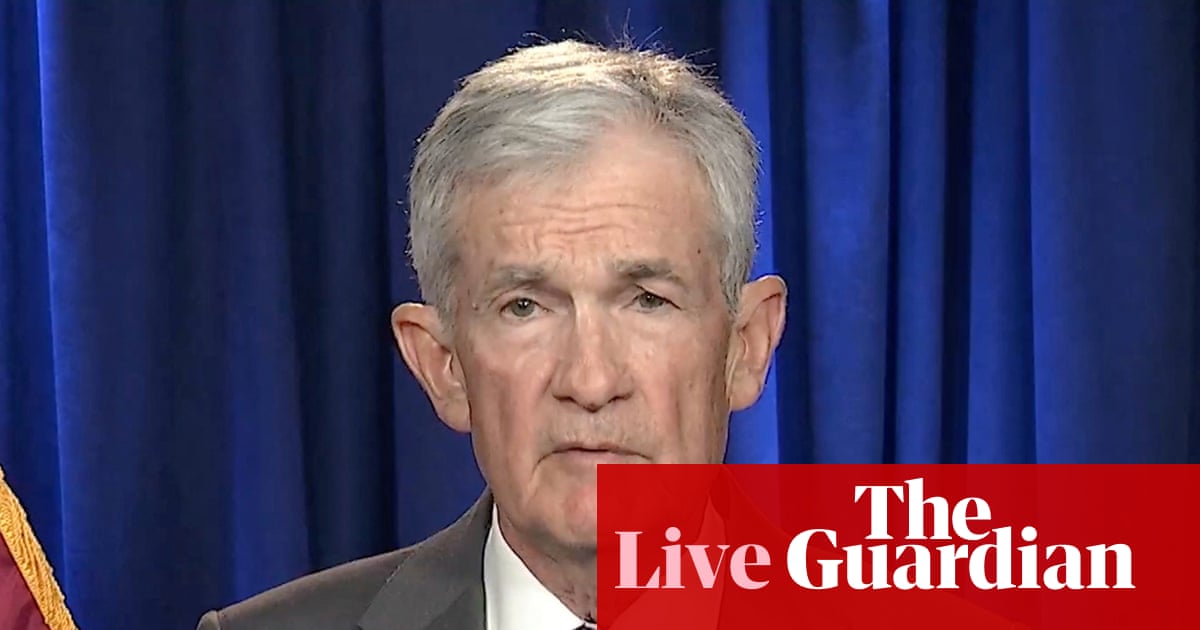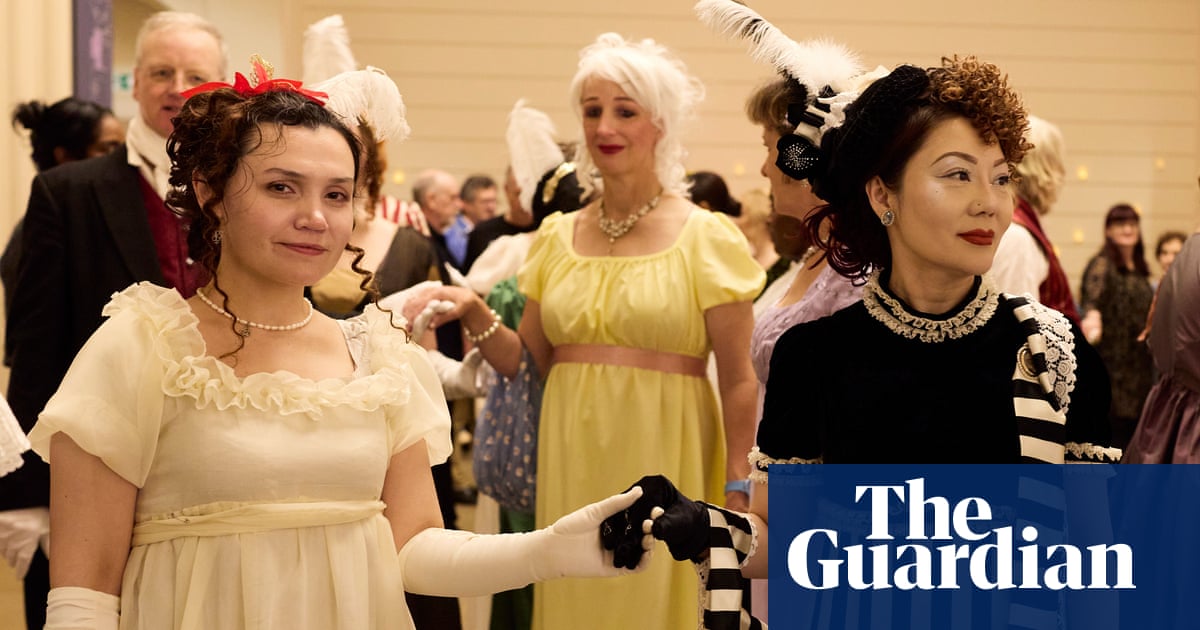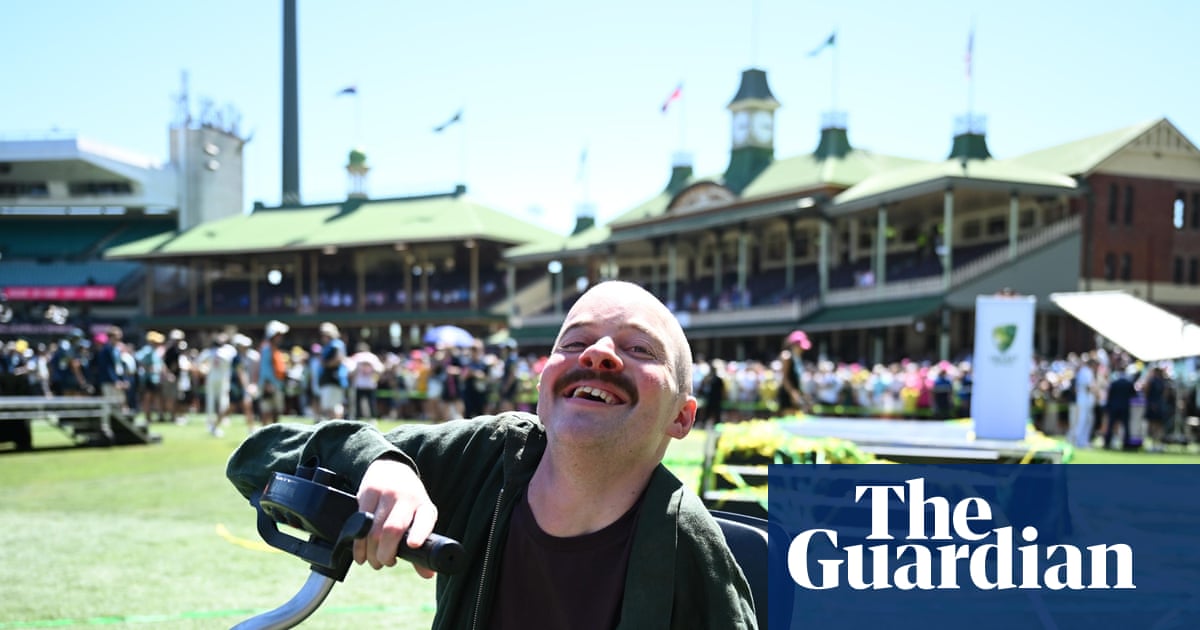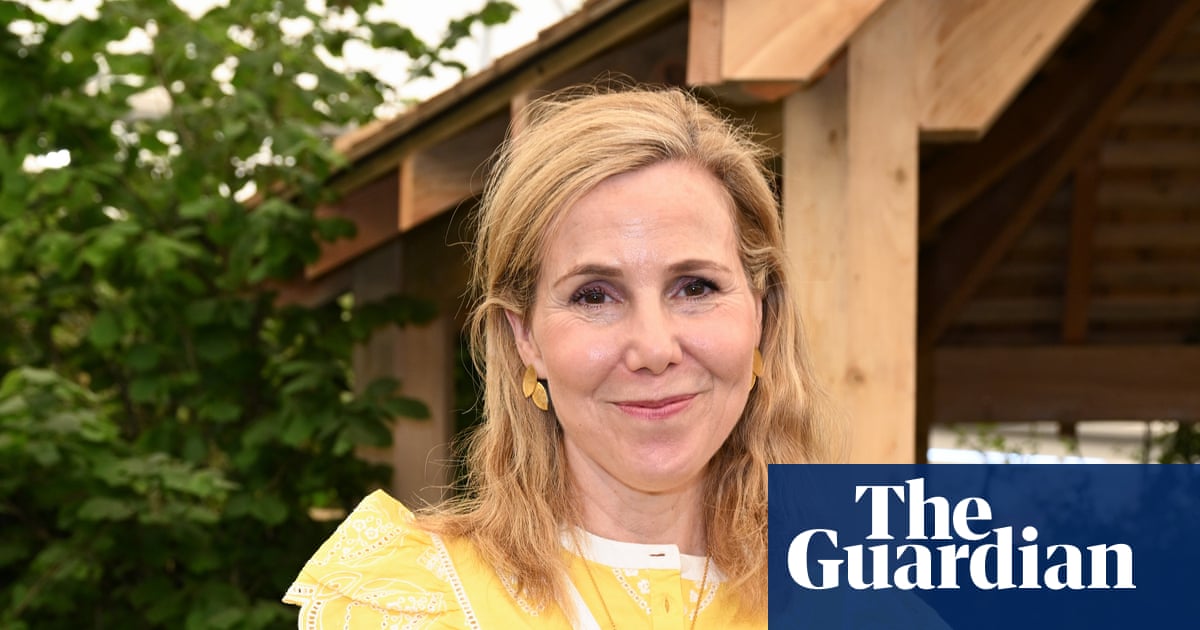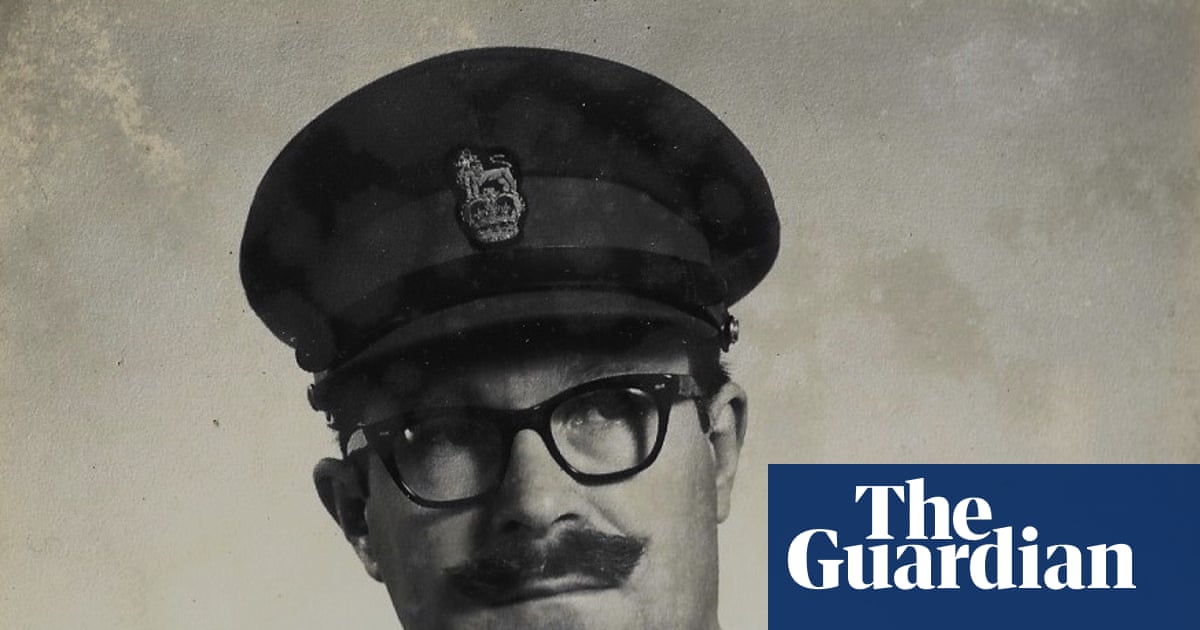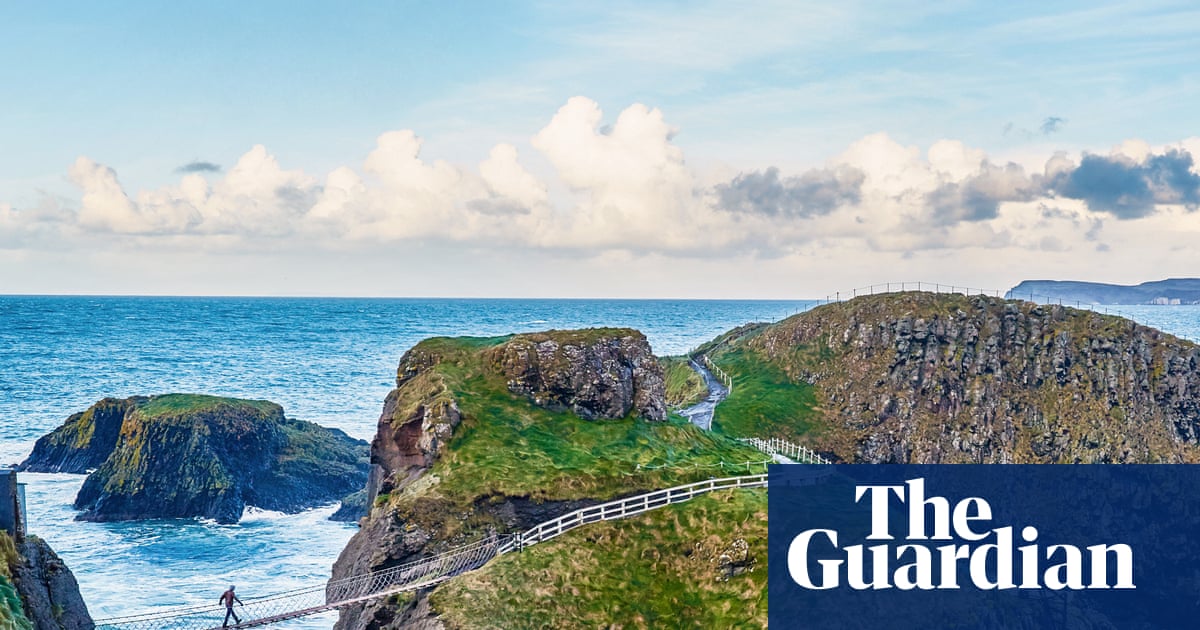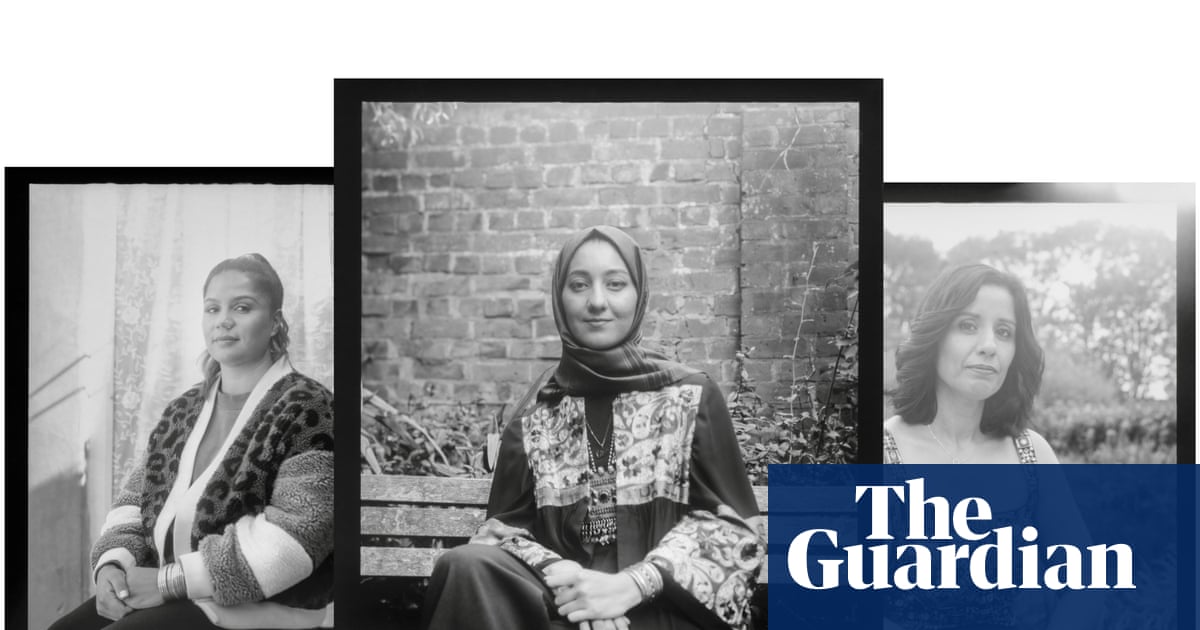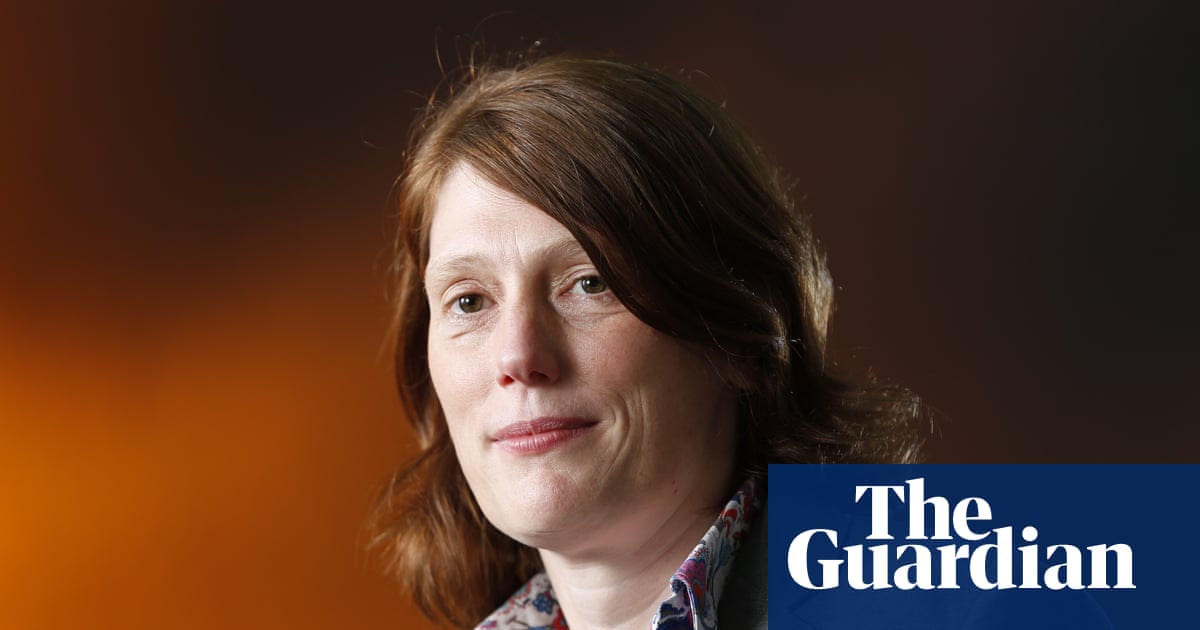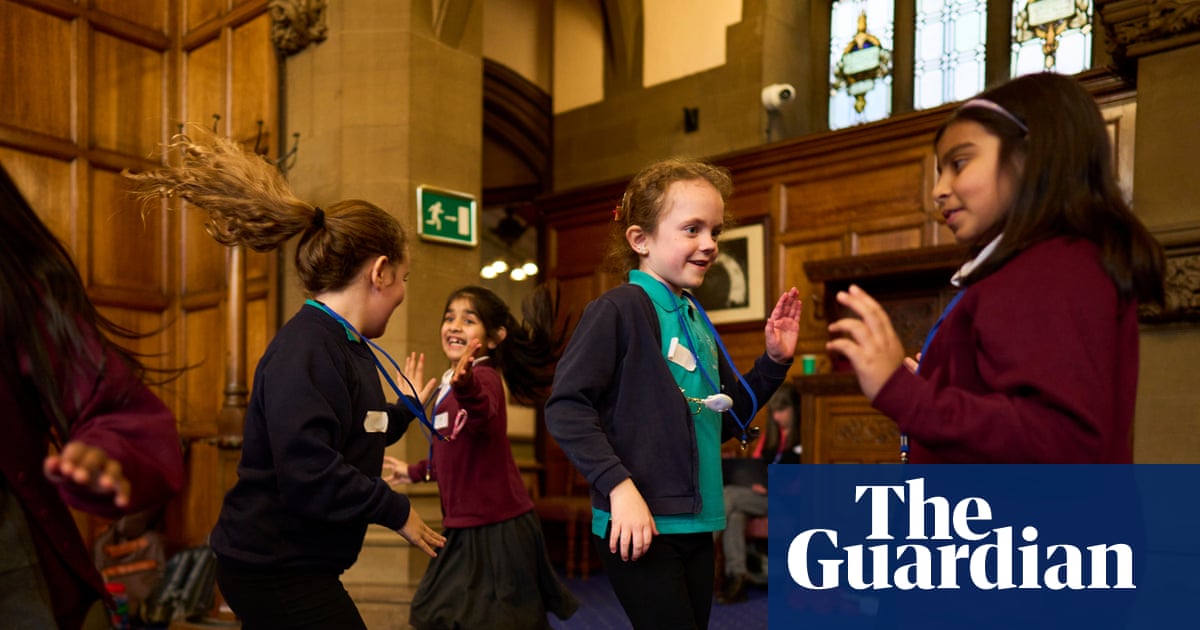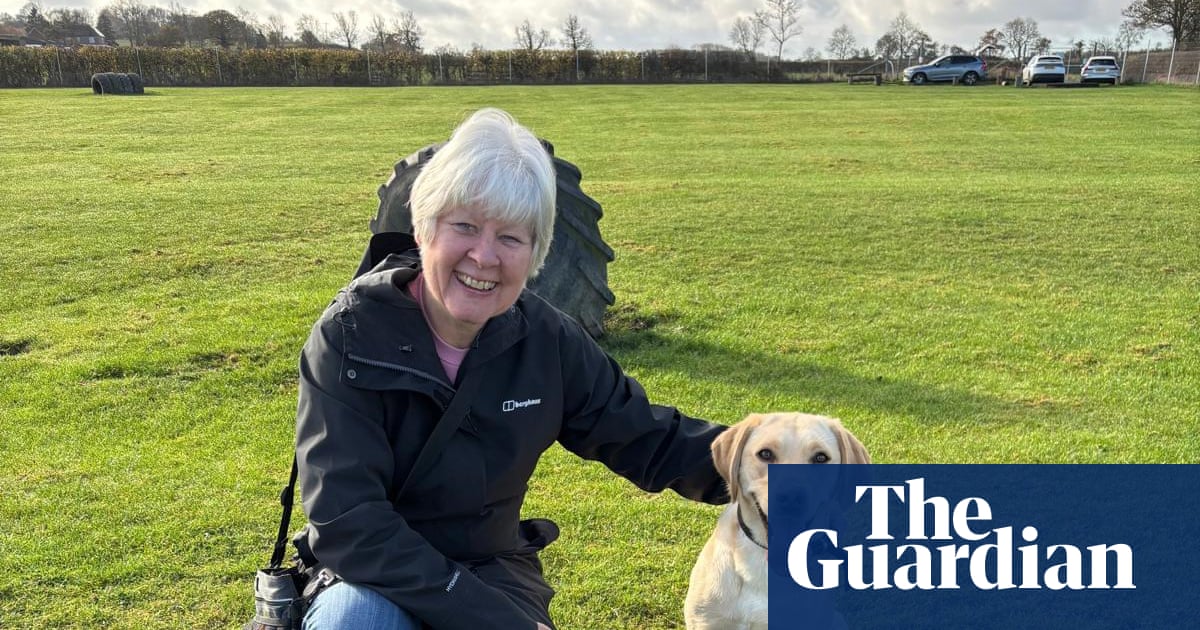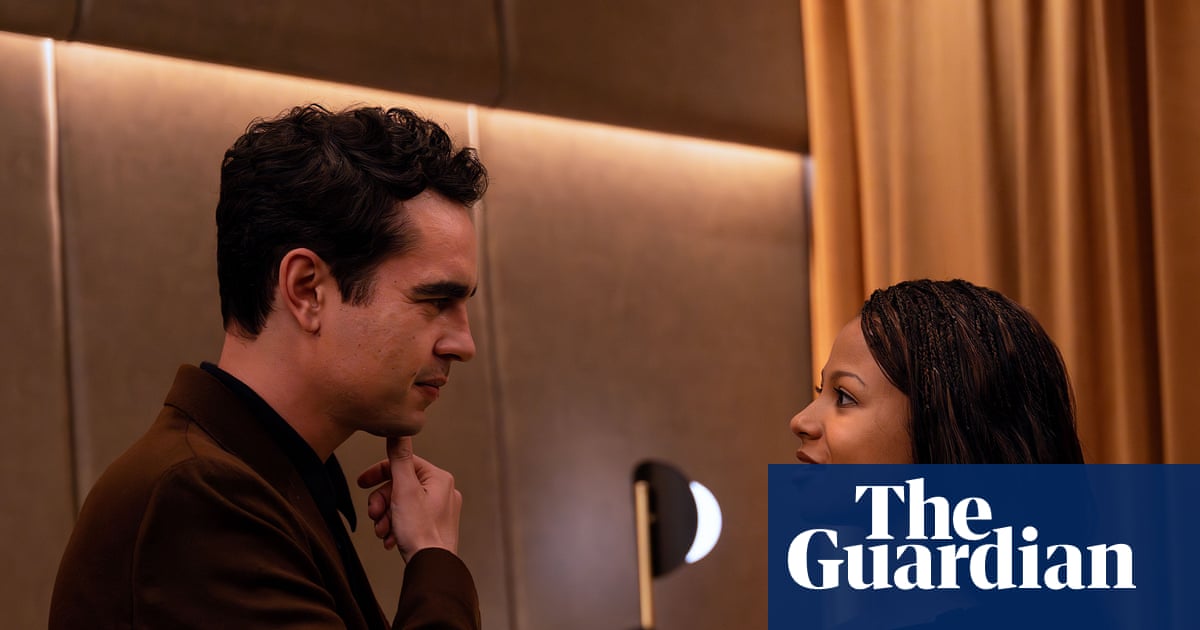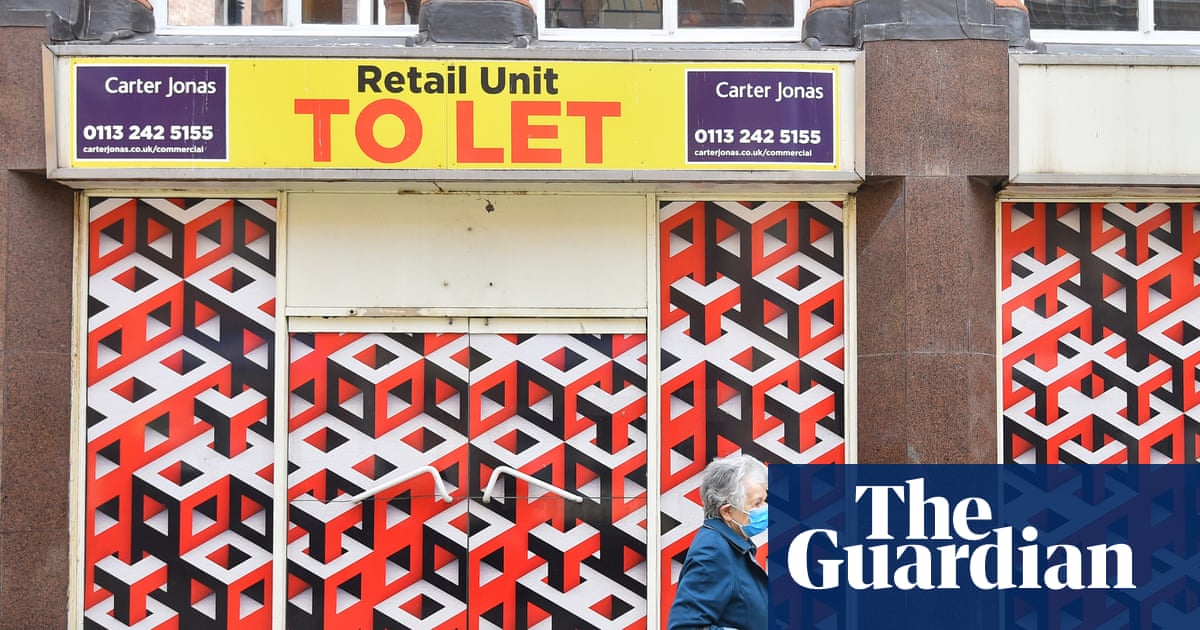Towards the end of their two-hour set, Deacon Blue play a song from their most recent album, The Great Western Road, called Late ’88. A sweet slice of disco-infused pop, it is about the moment that Deacon Blue’s career took off, in the wake of their debut album Raintown, a point rammed home by the stageside screens, which show the band in their youth: a veritable riot of white denim, leather jackets and questionable millinery. “We seemed to do it all and it all seemed so easy,” sings Ricky Ross, his voice echoed by that of co-vocalist Lorraine McIntosh, as indeed it was then.
You can’t really blame Deacon Blue for re-asserting how successful they were. They are the kind of band pop histories generally overlook – squeezed out of the late 80s narrative by the rise of acid house and Madchester at one extreme and Stock Aitken Waterman at the other – but they were, by any metric, both huge and inescapable: when they play their 1989 hit Fergus Sings the Blues, you find yourself automatically imagining it coming out of a radio, so omnipresent was it on BBC Radio 1 at the time.
Nevertheless, you could hardly describe Deacon Blue as forgotten. The Great Western Road made the Top 3 and Brighton Centre is packed, part of a tour that exclusively inhabits the UK’s arenas. Their latter-day resurgence might rest on the fact that Ross has minted a songwriting style that, while musically indistinguishable from the band’s purple patch – and thus matching his and McIntosh’s voices, pretty much as they were in the questionable millinery years – lyrically seems intent on growing old with their audience. The Great Western Road’s title track and Mid Century Modern affectingly ruminate on time’s passing, their melancholy flecked with the-best-is-yet-to-come optimism.
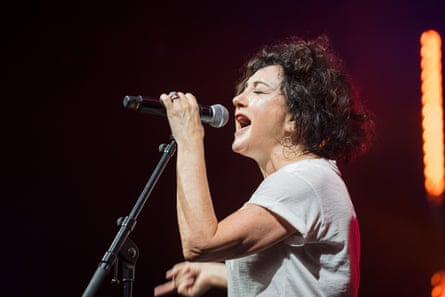
There’s also some politics, which comes as a surprise, but probably shouldn’t: beneath the glossy production, Raintown’s hard-bitten stories of Glasgow life carried an implicit critique of Thatcherism’s impact on the city. Tonight, Ross talks about the world being in “deep shit” and offers a glancing reference to welcoming migrants to the UK, while the brooding Your Town, from 1993’s coolly received attempt at post-Achtung Baby reinvention Whatever You Say, Say Nothing, plays out with the faces of Trump, Farage and Putin glowering from the screens.
There’s something heartening about the audience cheering this stuff, but they’re really here for the hits: Chocolate Girl, When Will You (Make My Telephone Ring), Dignity. You can occasionally pick out the influence of Prefab Sprout on Deacon Blue’s sound – and on Raintown’s title track, the Blue Nile’s drizzly urban angst – but refitted for broader appeal, made brawnier and more unashamedly poppy. It was too crowd-pleasing in approach to be critically acclaimed, but nearly 40 years on, even a dedicated naysayer might be forced to concede it worked: as Real Gone Kid hits the pop bullseye dead-on, those crowds are very much still being pleased.

 3 months ago
90
3 months ago
90
